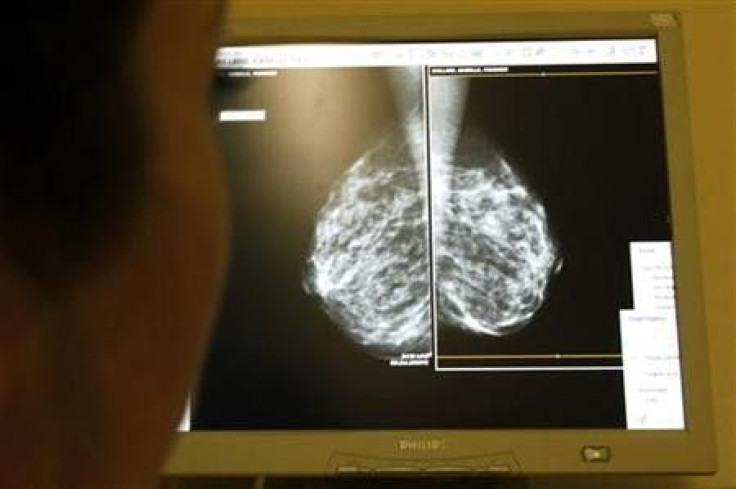Simple Blood Test For Early Breast Cancer Detection

A research team led by Oxford University scientists were able to develop a metal-detecting blood test that can be used in early diagnosis of breast cancer. The research was able to establish a diagnostic biomarker or measurable indicator for this purpose. One of the researchers, Dr Fiona Larner, states, "There is a survival rate of about 80 per cent for breast cancer but the earlier you can detect it, the more chance you have of treating it."
In the study, zinc compositions in patients with and without breast cancer were examined. Breast cancer tumours were discovered to have a lighter zinc isotopic composition than the blood, serum and healthy breast tissue in both groups. This difference in compositions can serve as a basis for establishing an early diagnostic biomarker in breast cancer.
According to Dr Larner, high concentrations of zinc in breast cancer tissues is already a known fact, but the mechanisms that have caused this is still a mystery. The scientists were able to demonstrate how zinc is used by tumour cells and how breast cancer can lead to changes in zinc in an individual's blood as well. This new understanding of cancer cell behaviour could lead to creation of better diagnostic tools and further improvement in cancer treatments.
In 2011, over 508,000 women worldwide died due to breast cancer according to the World Health Organisation. Breast cancer is thought to be a disease of the industrialized nations, but lately, nearly 50 percent of breast cancer cases and 58 percent deaths take place in less-developed countries. Survival rates ranging from 60 to 80 percent are higher in developed countries than in the middle- and low-income countries.
Early detection makes it easier to treat the cancer. It saves more lives and spares those concerned from discomfort and suffering due to persistent ailment. The scientists hope that a new inexpensive blood test for early cancer detection would be available in five years. Women who have family history of breast cancer can benefit from this.
Other researchers in this study are from the Imperial College and the Natural History Museum in London. Findings were published in the Royal Society of Chemistry journal Metallomics.






